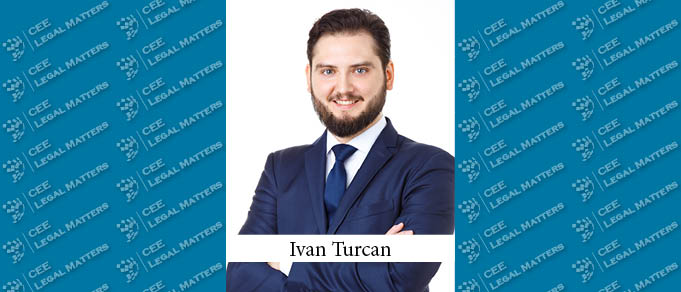Following a major political change in the country six months ago, Moldova is in the process of sweeping legislative reforms seeking to elevate the country’s business landscape, according to Brodsky Uskov Looper Reed & Partners Partner Ivan Turcan.
"Following the parliamentary elections that took place six months ago, the country has seen some change," Turcan begins. “With the new leadership firmly in place - the parliamentary majority is held by just one party - there have been many legislative changes of note.”
Firstly, Turcan reports updates to the corporate legislation of Moldova. "The first major overhaul is the cancellation of a necessity to register share purchase agreements via a notary in order to receive a notary-certified SPA." Before, Turcan explains, in order to buy or sell an LLC, one would have to go through a complicated and costly notarization procedure. Now, with this need no longer being in place, the entire process is “faster, but not necessarily quicker," Turcan says. "Of course, not having to pay any excess taxes and fees does render SPAs less costly, but not involving the notary is a hurdle," he explains. "The notaries have access to a number of official databases to check and verify data veracity which, without involving them, we, as lawyers, simply cannot access with such ease as notaries. The acquisition of this data could be a headache-inducing ordeal, if done on one’s own," Turcan reports. "For this reason, in those cases where speed is of the essence, we still recommend our clients do their business ‘the old way’ and involve notaries."
Secondly, Turcan says that there were changes made to the civil code framework, seeking to prepare the country for an inevitable inflow of digital services. "The groundwork has been laid for a future push for digitalization," Turcan reports. "This, however, does not mean that it will happen in the immediate future, but it’s good to know that the foundations are in place."
Thirdly, Turcan reports that the legal framework regulating waste management has been amended. "The updates have been placed to ensure that it is no longer too costly to import and process materials in Moldova. Before, domestic manufacturers were facing a double-taxation situation in which it was quite difficult to import and process plastic materials, for example," he says.
Fourthly, commerce in Moldova stands to be shaken up. "Up until now, there was a requirement that some 50% of all the goods on the market must come from local sources - i.e. to be a domestic product. The next draft of the law regulating this area is heavily debated and is a huge clash point between local producers fighting to protect their market share and large market players who wish to expand further," Turcan explains.
Finally, Turcan reports on changes to the AML and KYC frameworks. "The changes introduced more stringent fines and penalties and, overall, lower thresholds that require a check to take place. Given that most of the rules and regulations surrounding AML and KYC are quite complicated and, at times, obtuse, it is not very clear if these changes will slow down business," he says in conclusion.
